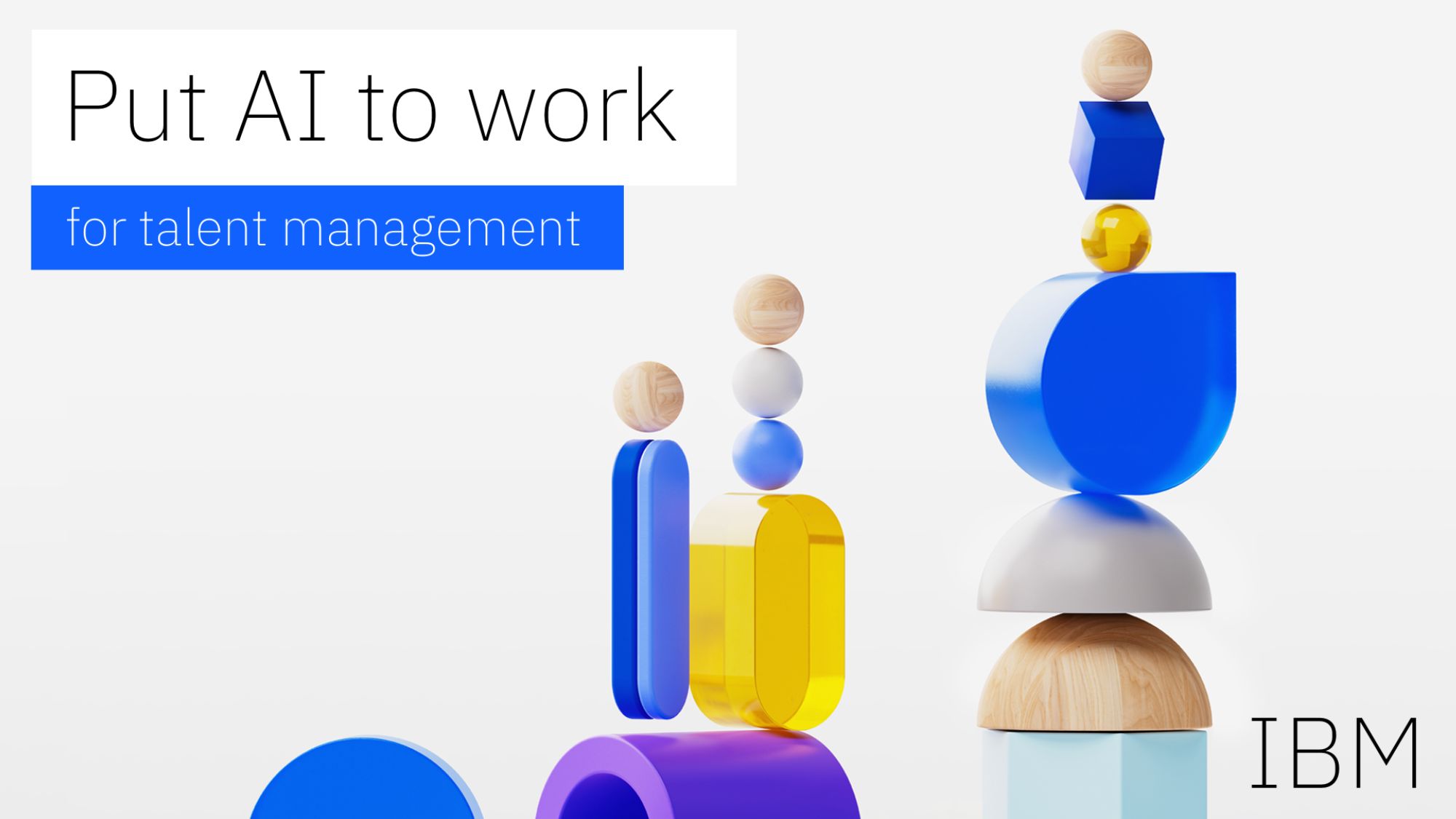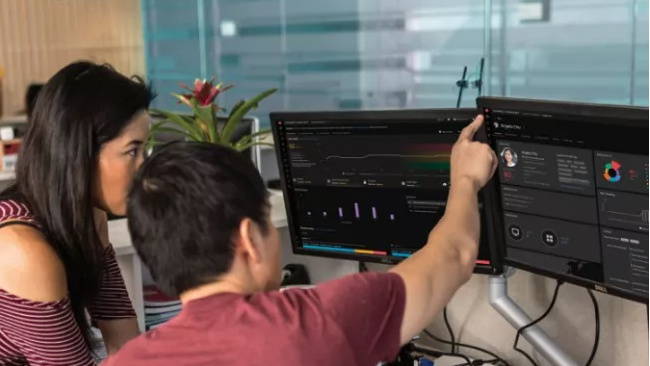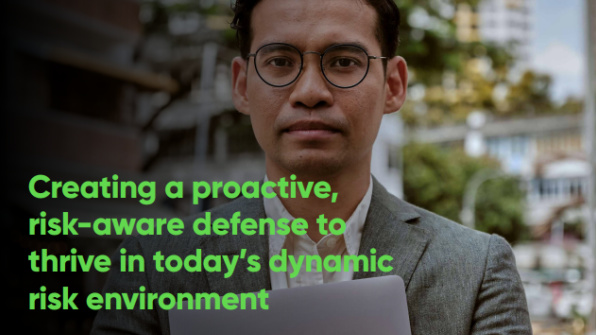IBM offers Watson to run your IT helpdesk
AI system will offer an automated helpdesk that understands how tech savvy callers are


One of the problems with tech helpdesks is that the humans on the other end of the phone need to take breaks, sleep and expect to be paid.
IBM's Watson could offer an alternative, letting you call bots for help instead of humans.
The company said the AI system could support users on any device, at any time and in any location, more quickly than human counterparts. Plus, as the system uses machine learning, it will get better over time, the company claimed, and because it's scalable, there'll always be someone there to pick up even if there's a sudden flood of problems.
One key selling point, according to IBM, is Watson's personalised service that varies depending on the technical savvy of staff calling the helpdesk.
For problems Watson can't handle, the system will pass callers over to a human expert. "If Watson has not been trained to answer for a specific problem, the individual can be seamlessly transferred to a human service agent," IBM explained.
"Today, governments and enterprises need to provide an effective set of capabilities to their workforce, so that their employees can deliver a superior interaction and experience for their citizens and consumers," said Richard Esposito, general manager, GTS Mobility Services at IBM, in a statement.
"We need a system that can understand and communicate in a natural language conversation, one that solves problems and continues to learn while engaging with employees. Our Workplace Support Services with Watson delivers this value."
Sign up today and you will receive a free copy of our Future Focus 2025 report - the leading guidance on AI, cybersecurity and other IT challenges as per 700+ senior executives
None of that will help assuage concerns that artificial intelligence and bots are coming for our jobs, with as many as 30% at risk by 2030, reports suggest.
Watson's AI skills have previously been tapped for a variety of tasks, including fighting cybercrime, helping patients in hospitals, and driving a bus around Washington - as well as, famously, winning at US game show Jeopardy.
Freelance journalist Nicole Kobie first started writing for ITPro in 2007, with bylines in New Scientist, Wired, PC Pro and many more.
Nicole the author of a book about the history of technology, The Long History of the Future.
-
 Put AI to work for talent management
Put AI to work for talent managementWhitepaper Change the way we define jobs and the skills required to support business and employee needs
-
 More than a number: Your risk score explained
More than a number: Your risk score explainedWhitepaper Understanding risk score calculations
-
 Four data challenges holding back your video business
Four data challenges holding back your video businesswhitepaper Data-driven insights are key to making strategic business decisions that chart a winning route
-
 Creating a proactive, risk-aware defence in today's dynamic risk environment
Creating a proactive, risk-aware defence in today's dynamic risk environmentWhitepaper Agile risk management starts with a common language
-
 How to choose an HR system
How to choose an HR systemWhitepaper What IT leaders need to know
-
 Sustainability and TCO: Building a more power-efficient business
Sustainability and TCO: Building a more power-efficient businessWhitepaper Sustainable thinking is good for the planet and society, and your brand
-
 What is small data and why is it important?
What is small data and why is it important?In-depth Amid a deepening ocean of corporate information and business intelligence, it’s important to keep things manageable with small data
-
 Microsoft's stellar cloud performance bolsters growth amid revenue slump
Microsoft's stellar cloud performance bolsters growth amid revenue slumpNews The tech giant partly blames unstable exchange rates and increased energy costs for the slowdown


